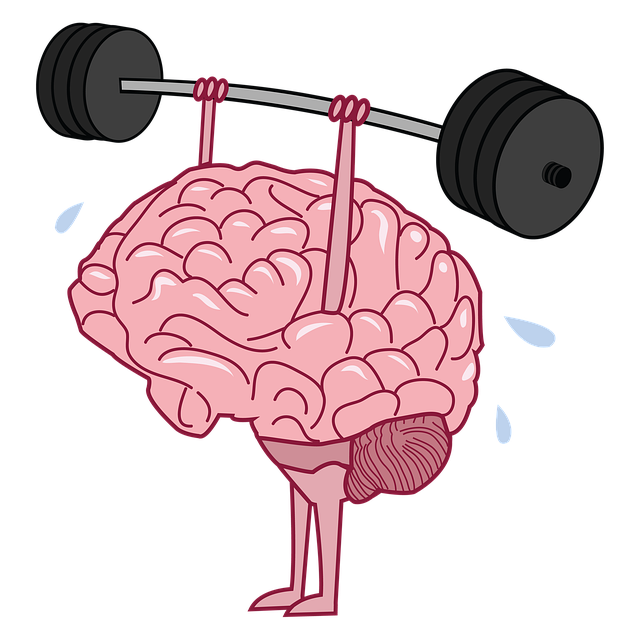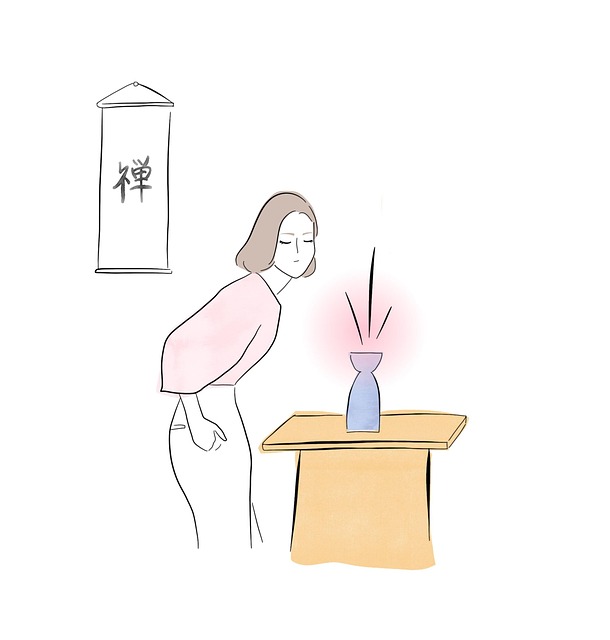Littleton Chronic Pain Therapy offers a comprehensive approach to managing chronic pain and preventing substance abuse, addressing both physical and mental aspects through crisis intervention, mental health programs, and inner strength development. Their strategies include behavioral interventions like cognitive-behavioral therapy (CBT), medication management with patient education, cultural sensitivity, and wellness coaching, as well as building supportive communities for peer support. This holistic method breaks the cycle of self-medication, reducing risk factors associated with substance abuse among chronic pain sufferers.
Substance abuse among chronic pain sufferers is a complex and growing concern, often exacerbating existing conditions. This article explores comprehensive risk reduction strategies tailored for this vulnerable population. We delve into the multifaceted impact of substance misuse on chronic pain, highlighting the critical role of specialized therapies like Littleton Chronic Pain Therapy in mitigating risks. From behavioral interventions to community support systems, discover evidence-based approaches designed to safeguard individuals and communities from the dangers of substance abuse.
- Understanding Substance Abuse and Its Impact on Chronic Pain Sufferers
- The Role of Littleton Chronic Pain Therapy in Risk Mitigation
- Behavioral Interventions for Effective Risk Reduction
- Medication Management: Safeguarding Against Substance Abuse
- Building Support Systems: A Community Approach to Risk Reduction
Understanding Substance Abuse and Its Impact on Chronic Pain Sufferers

Substance abuse among chronic pain sufferers is a complex issue rooted in both the physical and mental aspects of their condition. Chronic pain can lead to feelings of isolation, frustration, and hopelessness, creating an environment ripe for self-medication with substances like alcohol or opioids. Unfortunately, this can exacerbate the initial problem, leading to a vicious cycle where pain management becomes more difficult. Understanding these dynamics is crucial in developing effective risk reduction strategies tailored to this specific demographic.
Littleton Chronic Pain Therapy recognizes that addressing substance abuse requires a multifaceted approach. Crisis Intervention Guidance plays a vital role in providing immediate support during moments of intense distress. At the same time, fostering Mental Health Awareness allows individuals to recognize and cope with underlying emotional struggles. Inner Strength Development is encouraged to help patients build resilience against challenges, promoting healthier coping mechanisms instead of turning to substances for relief.
The Role of Littleton Chronic Pain Therapy in Risk Mitigation

Littleton Chronic Pain Therapy plays a pivotal role in mitigating risks associated with substance abuse. By focusing on managing chronic pain through specialized treatments, this approach significantly reduces the likelihood of individuals turning to addictive substances as a coping mechanism. Many people suffering from chronic pain often fall into a vicious cycle, using drugs or alcohol to alleviate their symptoms temporarily, which only exacerbates their condition and increases the risk of dependency.
Effective communication strategies and emotional intelligence are core components of Littleton Chronic Pain Therapy. Mental health professionals equipped with these skills can facilitate open dialogues with patients, helping them understand the connection between pain management and substance abuse. Through comprehensive risk assessments tailored to each patient’s unique situation, therapists can identify early warning signs and implement preventive measures. This proactive approach not only treats chronic pain but also fosters mental well-being, thereby minimizing the chances of substance abuse developing or escalating.
Behavioral Interventions for Effective Risk Reduction

Behavioral interventions play a pivotal role in risk reduction strategies for substance abuse, particularly when tailored to address chronic pain conditions. Littleton Chronic Pain Therapy, for instance, integrates behavioral techniques like cognitive-behavioral therapy (CBT) to help individuals manage pain and associated distress without resorting to harmful substances. CBT equips clients with coping mechanisms by identifying and challenging negative thought patterns, enhancing self-esteem, and fostering resilience in the face of pain.
Risk Management Planning for Mental Health Professionals is a crucial element in this process. By incorporating Cultural Sensitivity in Mental Healthcare Practice, therapists can create inclusive environments that respect diverse backgrounds, further strengthening the effectiveness of behavioral interventions. This approach not only improves patient engagement but also ensures tailored strategies that address unique cultural and psychological factors influencing substance abuse risk.
Medication Management: Safeguarding Against Substance Abuse

Medication management plays a pivotal role in safeguarding against substance abuse, especially for individuals navigating chronic pain. In many cases, such as with patients seeking Littleton Chronic Pain Therapy, prescription drugs are an essential part of their treatment plan. Effective medication management involves several key strategies to minimize risks and promote responsible use. One critical aspect is patient education; understanding the purpose, potential side effects, and risks associated with each medication is crucial. This knowledge empowers individuals to actively participate in their care, recognize concerning symptoms, and avoid misuse or abuse.
Moreover, cultural sensitivity in mental healthcare practice is integral to successful medication management. Recognizing and respecting diverse cultural beliefs and practices related to substances ensures tailored treatment approaches. Mental wellness coaching programs development, which incorporates emotional regulation techniques, can further enhance medication adherence by addressing underlying mental health issues that may contribute to substance abuse. By combining these strategies, healthcare providers in Littleton Chronic Pain Therapy can offer comprehensive care, reduce the risk of substance misuse, and promote long-term well-being for their patients.
Building Support Systems: A Community Approach to Risk Reduction

Building supportive communities is a powerful strategy to reduce risks associated with substance abuse. By fostering connections and implementing effective support systems, individuals battling addiction can find strength in numbers. This community-centric approach involves creating safe spaces where open dialogue and understanding thrive. Encouraging neighbors, friends, and family members to educate themselves about chronic pain management and addiction recovery can significantly impact an individual’s journey towards healing.
Littleton Chronic Pain Therapy recognizes the importance of this collective effort. They offer resources and programs that not only focus on treating chronic pain but also emphasize building a support network. Conflict resolution techniques and crisis intervention guidance are integral parts of these initiatives, promoting healthier interactions and coping mechanisms. Moreover, self-esteem improvement activities help individuals regain their sense of worth, making them more resilient in the face of challenges and less susceptible to substance abuse triggers.
In conclusion, addressing substance abuse among chronic pain sufferers requires a multifaceted approach. By understanding the unique challenges these individuals face, implementing evidence-based strategies like Littleton Chronic Pain Therapy, adopting behavioral interventions, and fostering robust support systems, we can significantly reduce risks associated with substance abuse. Medication management plays a crucial role in safeguarding against misuse, making it an integral component of comprehensive care plans. Through community engagement and collaborative efforts, we can create a supportive environment that promotes healing and prevents harmful behaviors.














